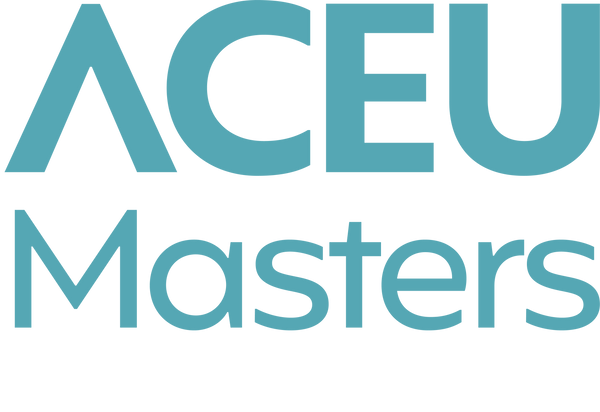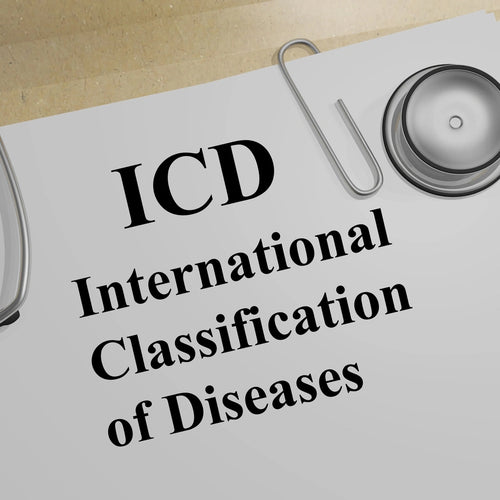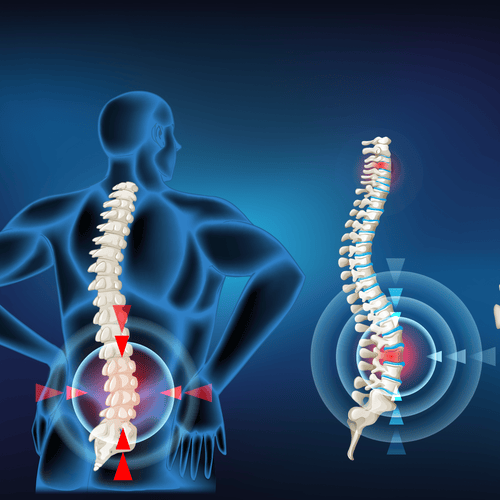Inflammation is the body's natural response to injury or infection, but when it becomes chronic, it can be a root cause for a myriad of health issues. From autoimmune disorders to chronic pain, the toll of inflammation is broad and significant. Acupuncture offers a holistic approach to managing inflammation, providing both symptomatic relief and root cause resolution. This article will delve into the science and art of using acupuncture for treating inflammation.
Three Common Causes of Chronic Inflammation
1. Diet
Highly processed foods, excessive sugar, and saturated fats can contribute to systemic inflammation.
2. Lack of Exercise
Physical inactivity can result in impaired immune function, often exacerbating chronic inflammation.
3. Stress
Persistent stress can keep the body in a constant state of inflammation due to the overproduction of stress hormones.
Specific Acupuncture Points for Inflammation
Spleen Meridian:
- SP6 (San Yin Jiao): Located above the inner ankle, helps in reducing systemic inflammation.
- SP10 (Xue Hai): Located on the inner side of the knee, aids in blood circulation and reducing localized inflammation.
Large Intestine Meridian:
- LI11 (Qu Chi): Found at the elbow crease, used for cooling blood heat and systemic inflammation.
Liver Meridian:
- LV3 (Tai Chong): Situated between the first and second toes, helps in relaxing the Liver and reducing inflammation.
TCM Patterns and Inflammation
Damp-Heat Accumulation:
Manifests as localized redness, swelling, and a feeling of heat in the affected area.
- Acupuncture Treatment: SP9 (Yin Ling Quan) and GB34 (Yang Ling Quan) to drain Damp-Heat.
- TCM Formulas: Yin Chen Hao Tang to clear Damp-Heat.
- Dietary Suggestions: Foods that clear heat and drain dampness, such as mung beans and watermelon.
Qi Stagnation and Blood Stasis:
Chronic inflammation often relates to blocked channels, leading to pain and swelling.
- Acupuncture Treatment: LI4 (He Gu) and SP10 (Xue Hai) to move Qi and Blood.
- TCM Formulas: Dan Shen Yin to invigorate blood circulation.
- Dietary Suggestions: Foods that move Qi, such as turmeric and ginger.
Yang Deficiency:
In this pattern, the inflammation is often chronic and low-grade, accompanied by feelings of cold and fatigue.
- Acupuncture Treatment: ST36 (Zu San Li) and KI3 (Tai Xi) to tonify Yang.
- TCM Formulas: Jin Gui Shen Qi Wan to warm and tonify the Kidney Yang.
- Dietary Suggestions: Warming foods like cinnamon and cloves.
Chronic inflammation is a pervasive issue that impacts a wide range of conditions. By identifying the TCM patterns associated with inflammation and using targeted acupuncture points, practitioners can offer more effective and holistic treatments to their patients. With its multi-faceted approach to balancing the body's Qi, acupuncture provides a promising avenue for managing and reducing inflammation.



















